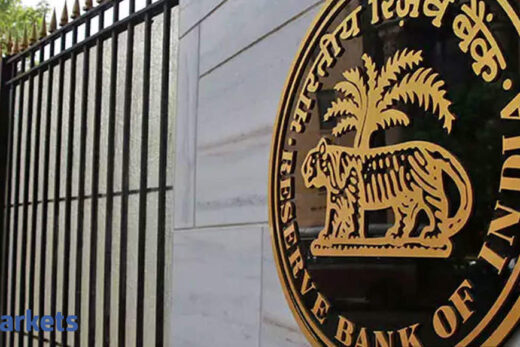The 10-year benchmark 6.10 per cent, 2030 bond settled at 6.13 per cent yield against a close of 6.12 per cent on Thursday. Bond prices and yields move inversely.
The government today sold four securities worth Rs 32,000 crore — the 5.63 per cent, 2026 bond, the 2033 floating rate bond, the 6.64 per cent, 2035 bond and the 6.67 per cent, 2050 bond.
Earlier this week, there were jitters about the price levels at which market participants would bid as a heavy supply of government paper and elevated domestic inflation have eaten into appetite for sovereign debt.
However, market sentiment took a turn for the better after the central government on Thursday released a large quantum of funds to state governments as a part of Goods and Services Tax compensation cess.
The move led to speculation that the amount of additional borrowing that the government had earlier announced to make up for the shortfall in GST compensation cess for state governments could now be reduced.
On Thursday evening, the Centre issued a press release saying that it had released 75,000 crore rupees to state governments in lieu of compensation under the Goods and Services Tax and that the disbursement was in addition to the normal GST compensation being released every two months out of the actual cess collection.
The government said that the 75,000 crore rupees would be funded from market borrowings through 2-year and 5-year government securities worth 6,500 crores and 68, 500 crores respectively.
Short-term bonds, in particular the 5.63 per cent, 2026 bond, which is currently the most liquid security in the market, gained as the additional borrowing was likely to be packed into papers maturing in 3-7 years.
The yield on the 5.63 per cent, 2026 bond touched a low of 5.64 per cent, 5 basis points lower than the previous close, as the market cheered the possibility of a reprieve from heavy additional supply. In fact, the 2026 bond bucked the trend and settled at a higher price level with its closing yield at 5.68 per cent, one basis point lower than the previous close.
Trading hours were extended today from the usual closing time of 3:30 pm to 4:00 pm due to a delay in the announcement of the auction result.
However, once the result was announced on the RBI’s website, the market heaved a sigh of relief as the central bank had set cutoff prices for all the bonds at roughly the levels expected by traders.
In the recent past, several primary debt sales have had to be rescued by underwriters as the RBI, which is keeping a lid on sovereign borrowing costs amid the coronavirus crisis, has been reluctant to accept high yields sought by investors.
“The market mood was a bit bullish today because of the GST news,” a trading head at a primary dealership said on condition of anonymity.
“It’s not like the extra borrowing will not come, but now it seems it will be lower than what the market had factored in. The rally is unlikely to last long because extra supply is extra supply but at least for now it is good news. It is also likely that the shift to the uniform price method has played a part here,” he said.
Earlier this month, the RBI said that it had decided to shift the methodology for auctions of 2-year, 3-year, 5-year, 10-year and 14-year bonds to the uniform price method from the multiple price method earlier.
The uniform price auction method discourages traders from bidding at price levels that are very far away from the prevailing price in the secondary market or the expectation at the auction.
This is because, in a uniform price auction, all bidders receive stock at one particular price, unlike a multiple price auction where the RBI allots stock to all entities which have placed bids above the cutoff price.
The step was seen as a move to incentivise investors who were often saddled with expensive stock at bond auctions as a further step in the RBI’s quest to anchor sovereign bond yields.
Trade turnover fell with deals worth 24,705 crores being struck as against those worth 26,725 crores being struck on Thursday, the RBI’s Negotiated Dealing System-Order Matching platform showed.



